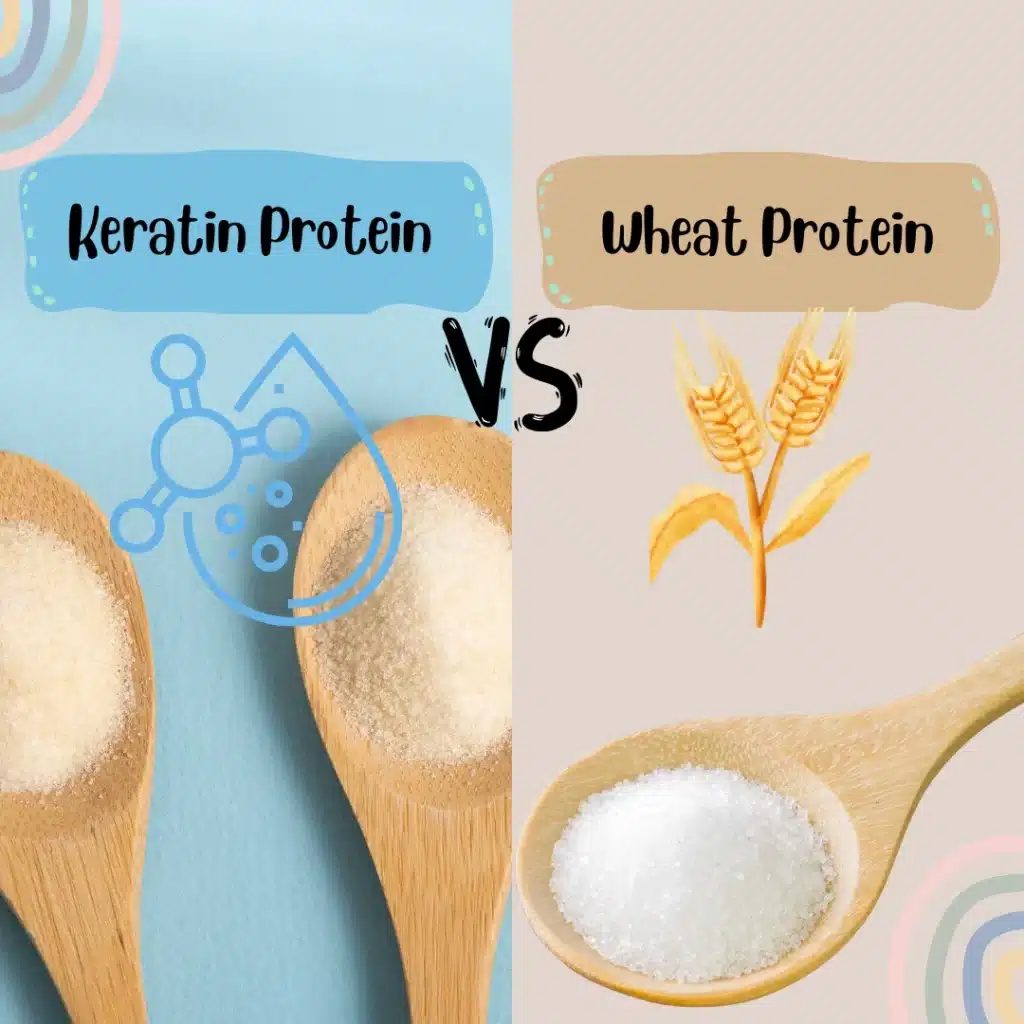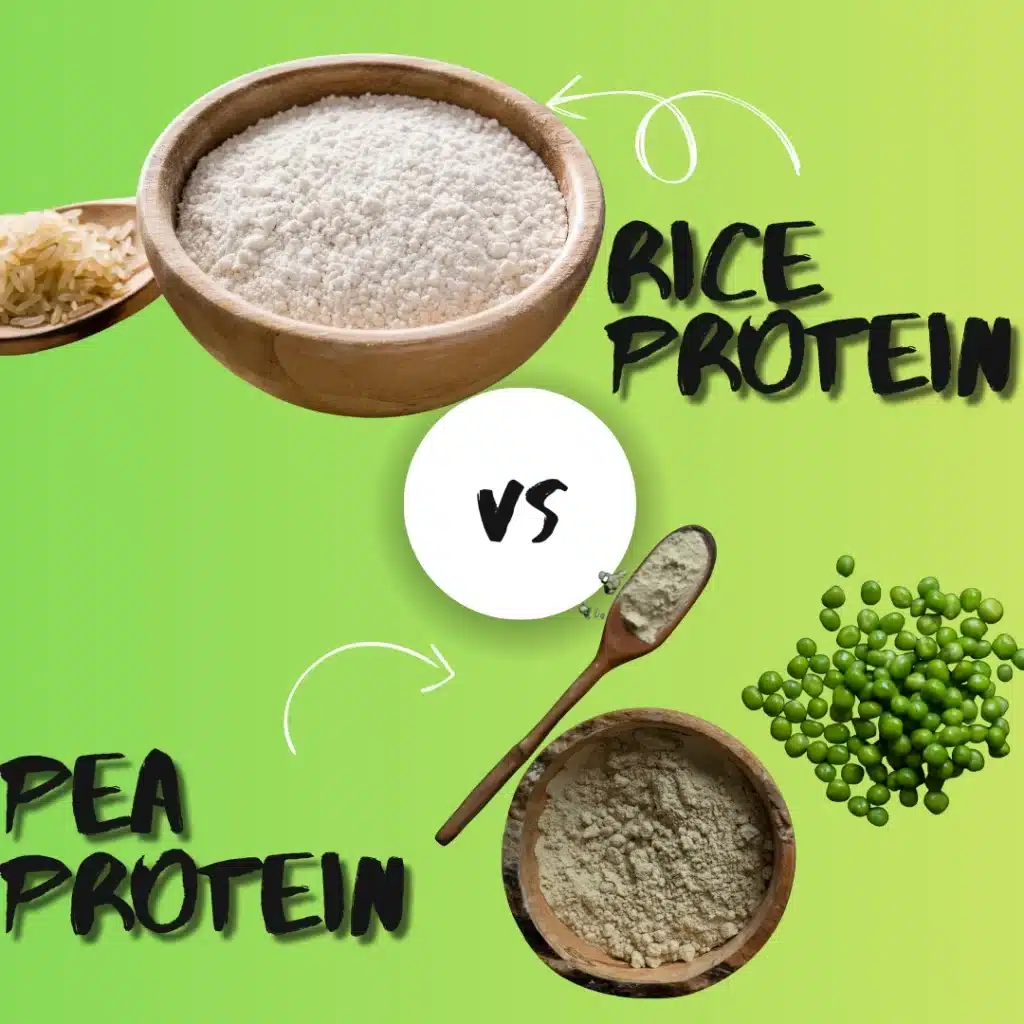
For centuries, the walnut has been revered as a “brain food,” celebrated for its unique shape and rich nutritional profile. But as modern science delves deeper, we are discovering that the true power of this ancient nut lies in its core components. Enter Walnut Peptide—a highly bioavailable and potent extract that is a game-changer in the world of nootropics and natural health.By breaking down large proteins into smaller, easily absorbed peptides, we unlock a cascade of benefits for the brain and body. Join us as we explore how Walnut Peptide can help to improve cognitive function, support mental clarity, and provide a new level of nourishment for your most vital organ.
What is Walnut Peptide?
Walnut peptide is a fascinating and emerging ingredient in the world of functional foods, supplements, and even cosmetics. But what exactly is it?
In simple terms, walnut peptide is a small protein fragment derived from walnuts. It’s created through a process called hydrolysis, where the larger proteins found in walnuts are broken down into smaller, more easily absorbed peptides using biological or chemical methods. This is similar to how your body breaks down proteins during digestion, but it’s done in a controlled, scientific setting to isolate these specific compounds.
The key to understanding walnut peptide is to think of it as a more bioavailable version of the protein in walnuts. While eating whole walnuts provides many benefits, the peptides are thought to be more readily used by the body for specific functions.
The Potential Benefits of Walnut Peptide
Research into walnut peptide is still growing, but early studies and anecdotal evidence point to several exciting potential benefits. It’s important to note that these are areas of ongoing research, and more studies are needed to confirm these effects in humans.
1. Brain Health and Cognitive Function
This is arguably the most promising area of research for walnut peptides. Studies suggest they may have neuroprotective effects, helping to protect brain cells from damage and improving cognitive functions like memory and learning. This is thought to be related to their antioxidant and anti-inflammatory properties, which can help combat oxidative stress in the brain.
2. Antioxidant Power
Walnuts are already known for their high antioxidant content, and walnut peptides are no exception. They are believed to help neutralize free radicals, which are unstable molecules that can damage cells and contribute to aging and disease. This antioxidant capacity is a key factor in many of its potential health benefits.
3. Anti-Inflammatory Properties
Chronic inflammation is at the root of many health problems. Walnut peptides have shown potential anti-inflammatory effects, which could be beneficial for a range of conditions.
4. Cardiovascular Health
Some research indicates that walnut peptides may play a role in lowering blood pressure and cholesterol, which are important factors for heart health.
5. Skin Care
When it comes to skincare, walnut peptides and extracts are being used for their nourishing, protective, and anti-aging properties. They are rich in antioxidants and can help improve skin hydration, elasticity, and firmness.
How is Walnut Peptide Used?
You’ll typically find walnut peptide in a few different forms:
- Dietary Supplements: Walnut peptide is available as a powdered supplement, often marketed for brain health, anti-aging, and overall wellness.
- Functional Foods and Beverages: Due to its good water solubility and stability, walnut peptide can be added to various food products like yogurts, milk, and protein powders to boost their nutritional profile.
- Skincare Products: In cosmetics, hydrolyzed walnut extract (which contains walnut peptides) is used in serums, creams, and moisturizers for its antioxidant and anti-aging effects.
Walnut Peptide vs Other Popular Supplements: A Comparative Table
| Feature / Supplement | Walnut Peptide | Fish Oil (Omega-3s) | Alpha-Lipoic Acid (ALA) | Bacopa Monnieri |
| Primary Source | Hydrolyzed protein from walnuts (plant-based). | Oily fish like salmon and mackerel, or algae for vegan sources. | Produced by the body; also found in red meat, spinach, and broccoli. | An herb native to India and Southeast Asia. |
| Key Active Compounds | Bioactive peptides (small protein fragments) with a unique amino acid profile. | EPA (Eicosapentaenoic Acid) and DHA (Docosahexaenoic Acid). | Alpha-Lipoic Acid, a powerful antioxidant. | Bacosides, which are a class of saponins. |
| Main Target Benefits | Brain health, cognitive function, neuroprotection, antioxidant and anti-inflammatory support. | Heart health, brain function, eye health, anti-inflammatory effects. | Blood sugar control, nerve health, antioxidant defense, skin health. | Memory enhancement, stress reduction, and cognitive processing. |
| Mechanism of Action | Thought to protect neurons and improve signaling by modulating inflammatory pathways and providing antioxidant support. | Provides essential fatty acids that are crucial for cell membrane structure, especially in the brain. | Works as a versatile antioxidant that can neutralize free radicals in both water- and fat-based environments. | Contains bacosides that enhance synaptic communication and promote neuronal repair. |
| Dietary Suitability | Excellent for plant-based diets, including vegetarian and vegan. | Typically not suitable for vegetarian or vegan diets unless sourced from algae. | Generally suitable for most diets, but some may prefer a plant-based source. | An excellent choice for vegetarian and vegan diets as it’s an herb. |
| Research Status | Emerging but growing body of research, particularly in the areas of neuroprotection and cognitive support. | Extensively researched with well-established benefits for cardiovascular and brain health. | A significant amount of research exists, especially regarding its role in managing blood sugar and diabetic neuropathy. | Long history of use in Ayurvedic medicine with a growing body of modern clinical research supporting its cognitive benefits. |
FAQs
Is walnut an anti-inflammatory?
Yes, walnuts are known to have anti-inflammatory properties due to their high content of antioxidants and omega-3 fatty acids.
What do walnuts do to your genes?
Some studies suggest that walnuts may positively impact gene expression, particularly those involved in inflammation and cancer, though more research is needed.
Is walnut good for weight loss?
Yes, walnuts can be good for weight loss. Their high fiber, protein, and healthy fat content can help you feel full and satisfied, reducing overall calorie intake.
What medical conditions should avoid walnuts?
Individuals with a nut allergy must avoid walnuts. Also, due to their high fiber content, those with certain digestive issues may need to moderate their intake.
What happens if I eat walnuts every day?
Eating walnuts daily can provide numerous health benefits, including improved heart health, better brain function, and a reduced risk of certain diseases. However, a handful (around 1 oz) is a sufficient serving size.
What does walnut do for the brain?
Walnuts are rich in omega-3 fatty acids and antioxidants, which are crucial for brain health. They are thought to improve cognitive function, memory, and protect against oxidative stress.
Conclusion
Walnut peptide stands out as a powerful, plant-based supplement with a growing body of research supporting its potential benefits. As we’ve explored, it’s not just a simple protein; it’s a bioavailable compound with a unique ability to support brain health, reduce inflammation, and provide a strong dose of antioxidants.
Unlike traditional supplements like fish oil, walnut peptide offers a compelling option for those following a plant-based diet, making its benefits accessible to a wider audience. Its versatility—found in powders, functional foods, and skincare—further highlights its potential to become a staple in the wellness industry.
Ultimately, as consumer interest in natural, effective, and sustainable health solutions continues to rise, walnut peptide is perfectly positioned to be a leader in the next wave of functional ingredients. By focusing on its specific benefits and its unique place in the market, you can provide valuable insights that resonate with your audience and establish your authority in the health and wellness space.



